Duty Free group exhibition curated by Bob Bicknell-Knight // isthisit?
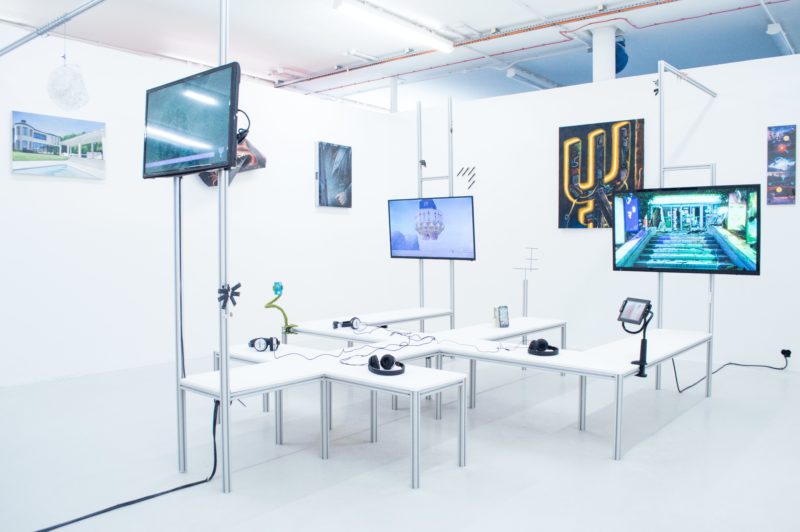
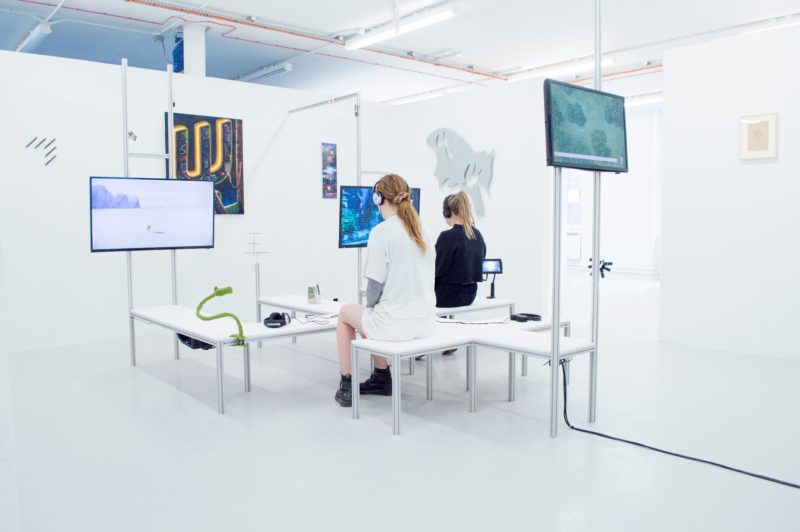
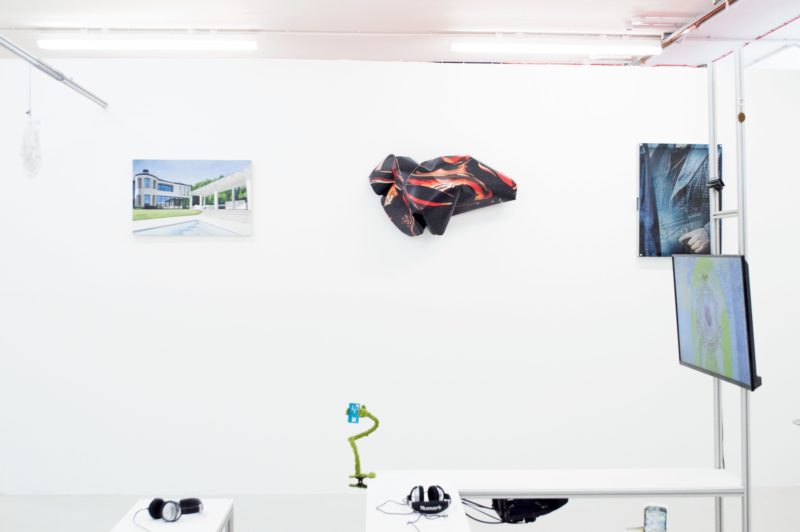
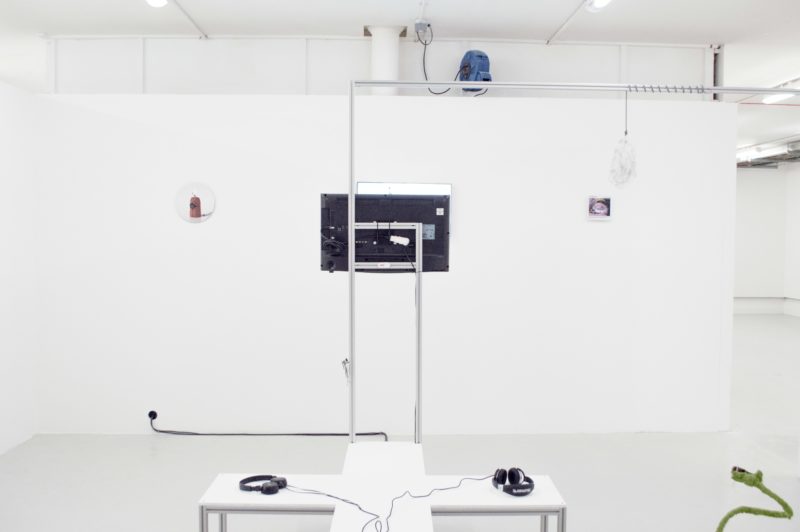
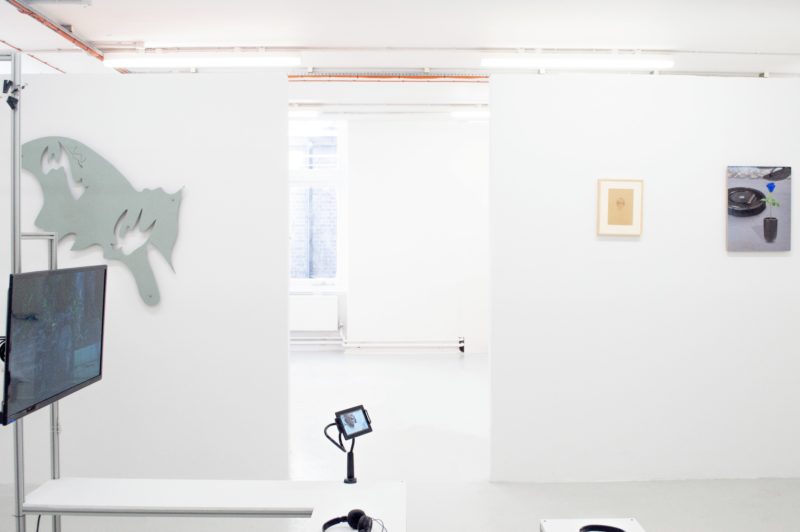
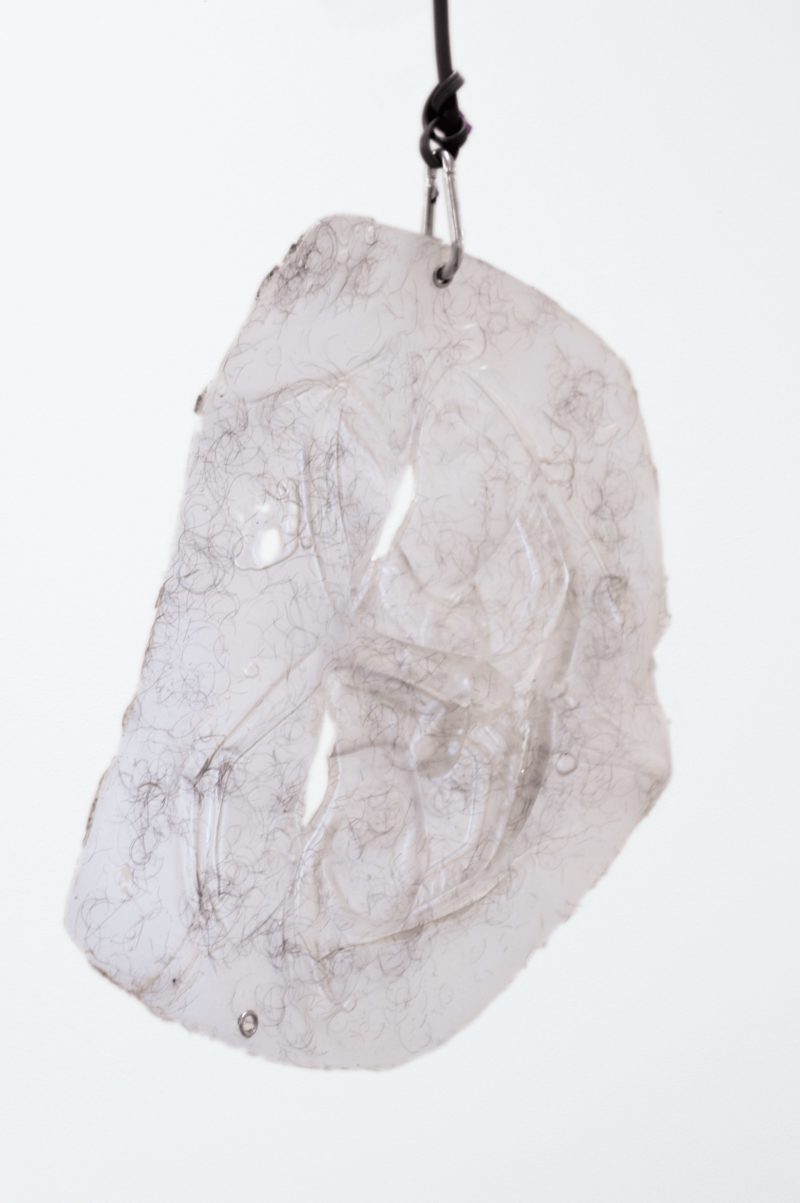
Agent Pubeit, 2018,
Polyurethane resin, pubic hair, toenail clippings, rivets, carabena, DSL cable.
215 x 23 x 2cm

You’re Doing Amazing Sweetie (Kim’s house), 2018
Oil on canvas
66 x 42 x 3 cm
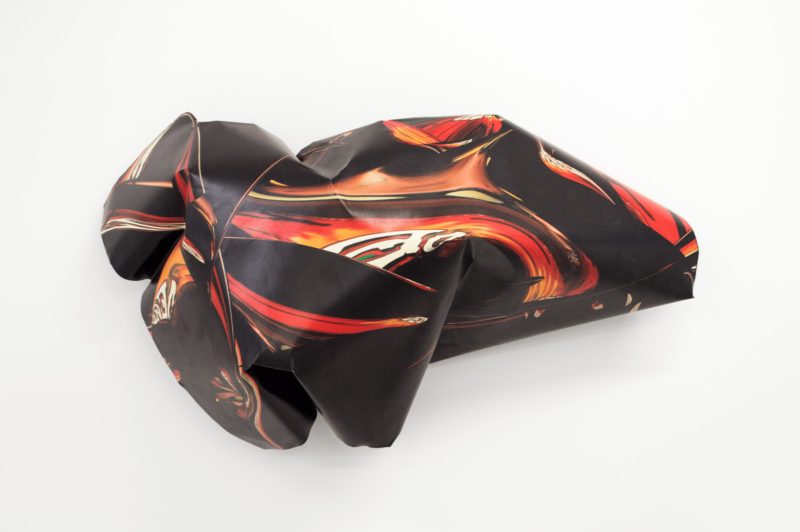
Denver, 2017
UV printed steel, PU foam
89 x 28 x 44 cm
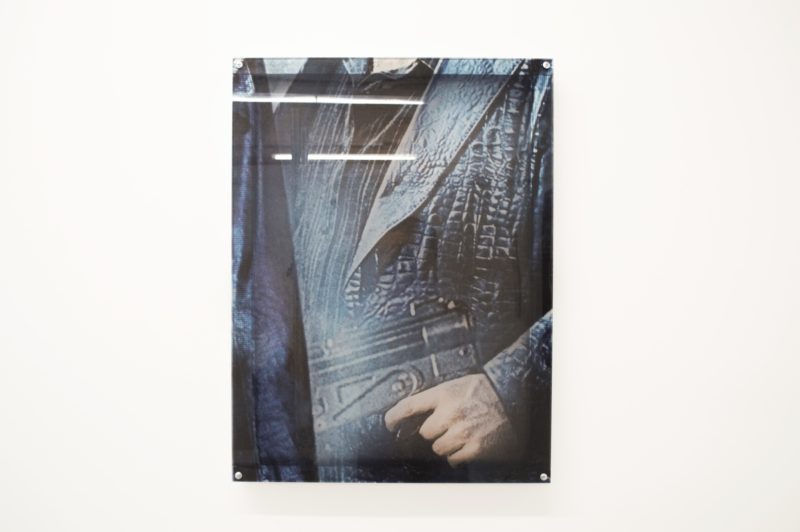
Cypher, 2018
UV print on perspex, stainless steel stud partitioning, screws
65 x 49 x 6cm
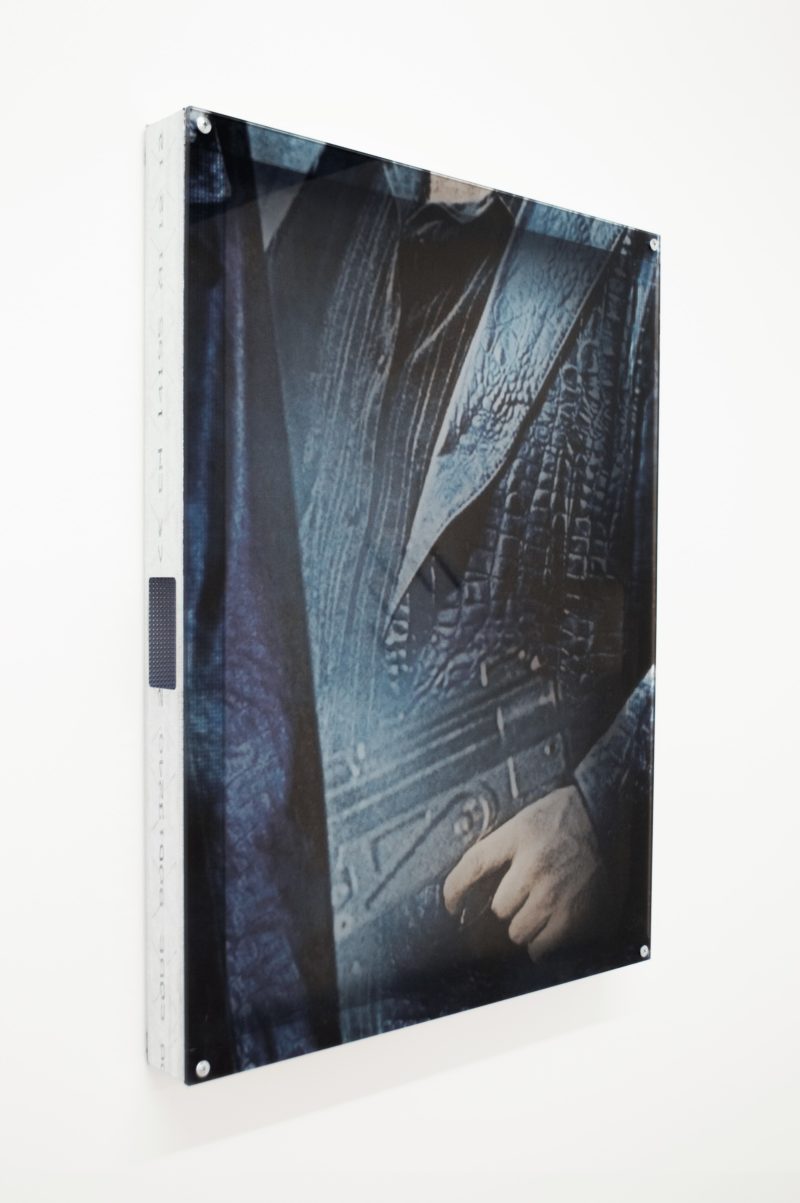
Cypher, 2018
UV print on perspex, stainless steel stud partitioning, screws
65 x 49 x 6cm
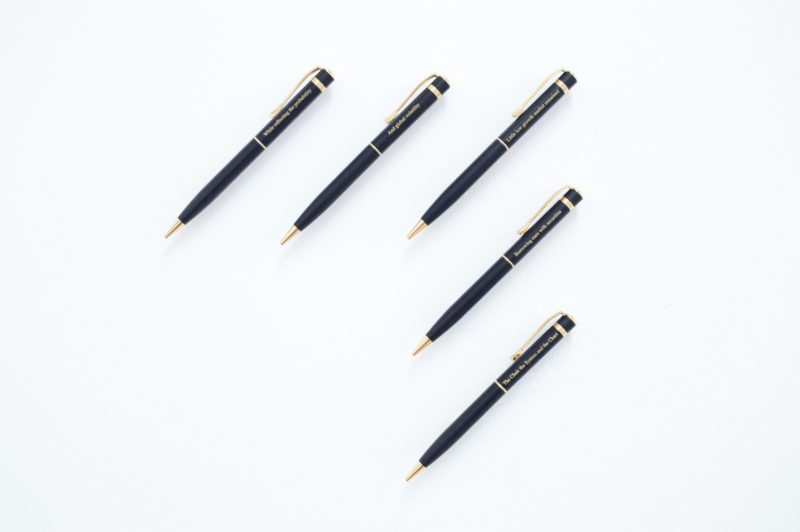
Interest Rates Fell Further, 2014
Diastic poem on set of five engraved gift pens, custom supports.
Dimensions variable
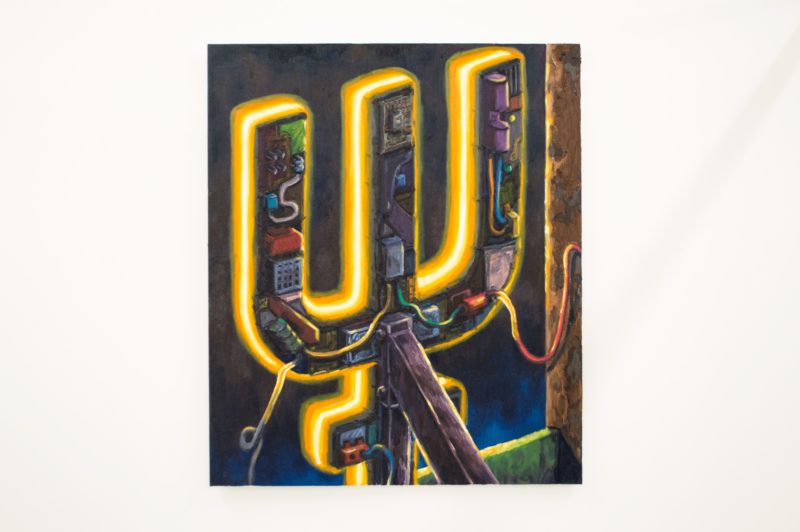
Ψ, 2018
Oil on canvas
95 x 80 cm

Gender Gap (Leftovers), 2018
Laser cut latex
13 x 7 cm
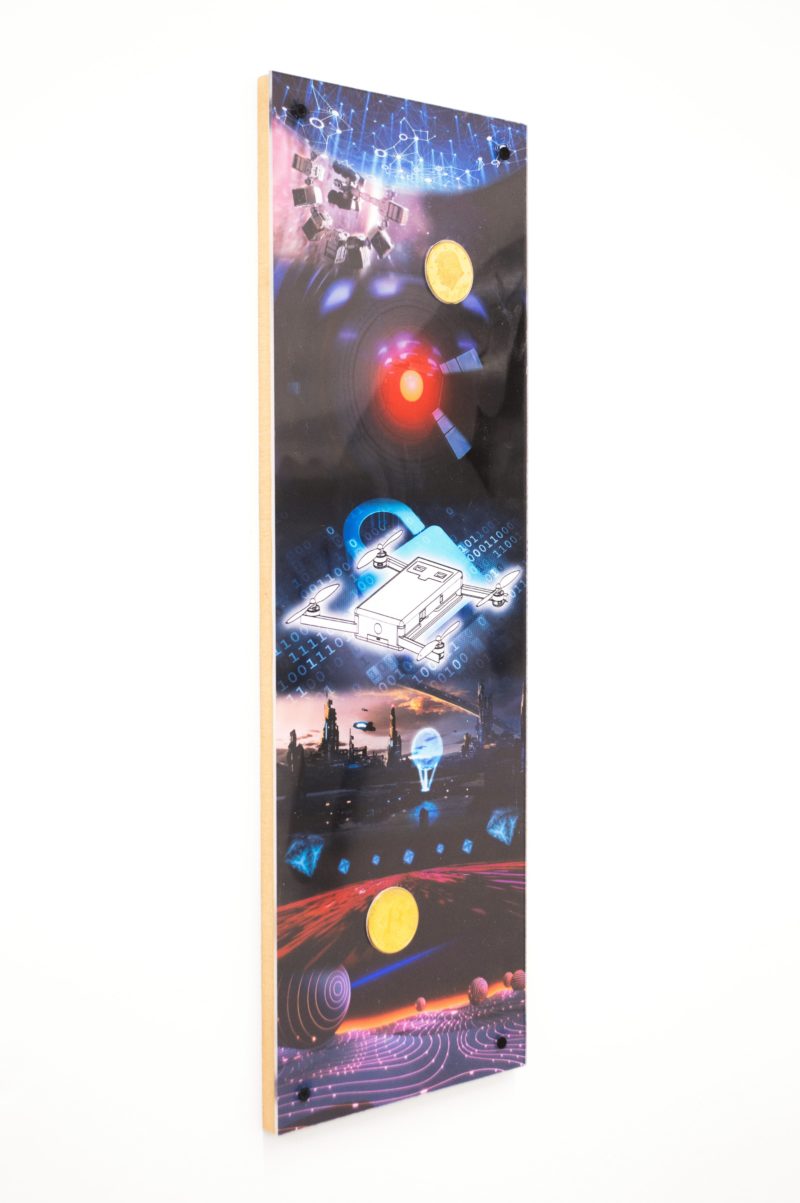
The oldest and strongest kind of fear is fear of the unknown (Drone), 2018
C-Type print on MDF, gold plated Donald Trump inauguration coin, gold plated Bitcoin, acrylic, screws
20 x 1.6 x 61 cm
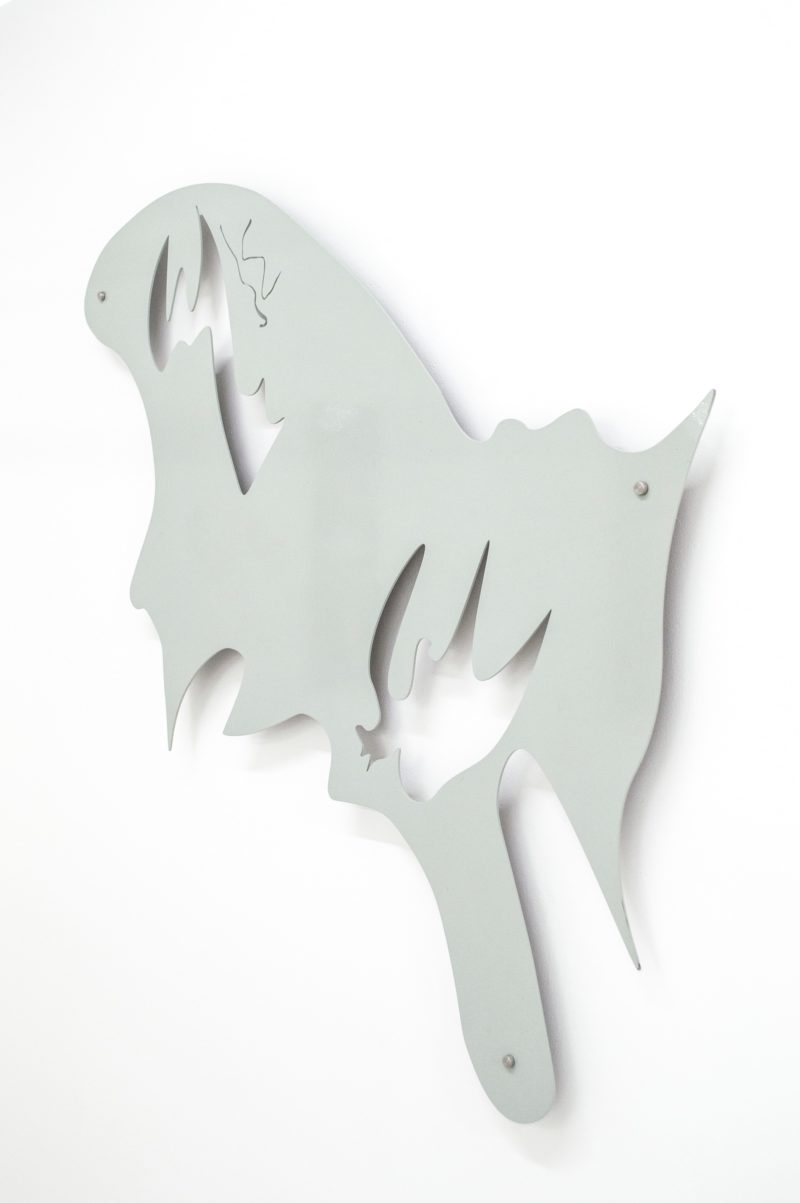
Echo, 2016
Steel, house paint
95 x 100 x 4 cm
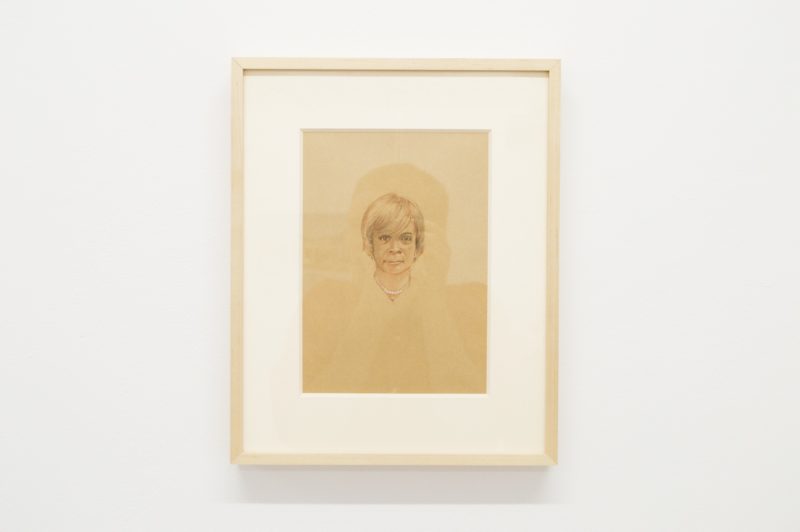
BINA48, 2015
Conte on Ingres paper
17.7 x 15.2 cm
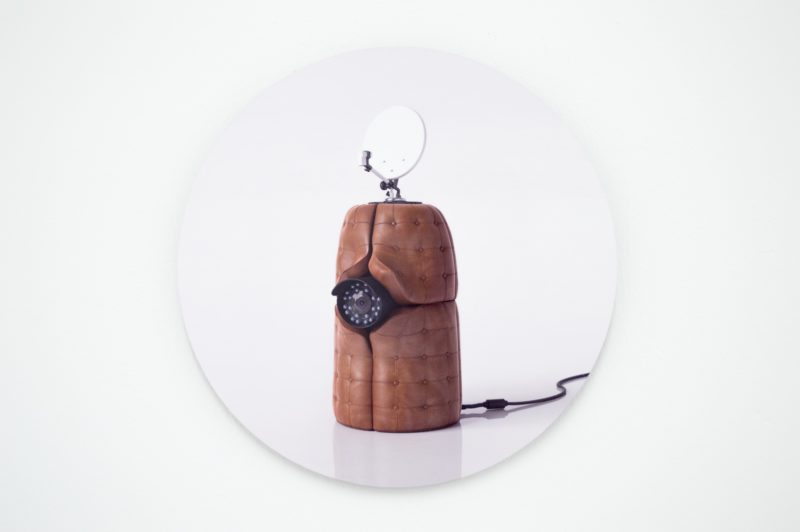
Genetically Modified Rose with Vacuum Bot Cleaning Sandy Footprints, 2017
C-print on MDF
40.6 x 50.8 cm
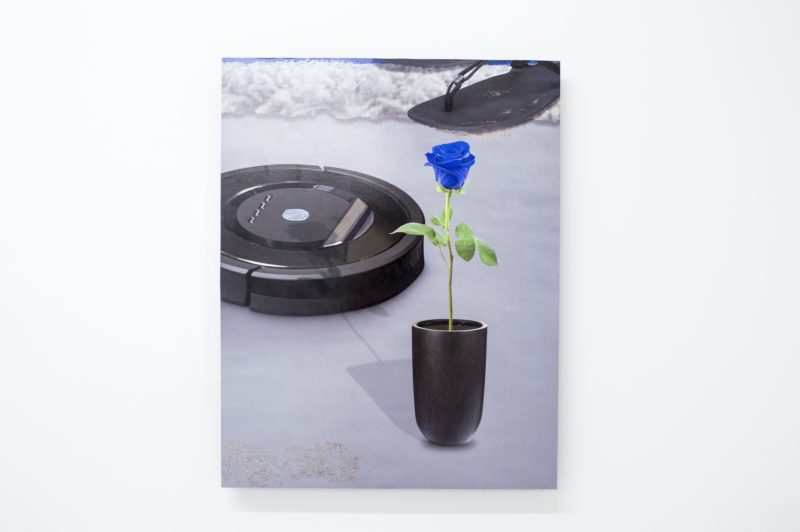
The Sum of All Fears, 2018
Dye sublimation on aluminium
28 x 28 cm
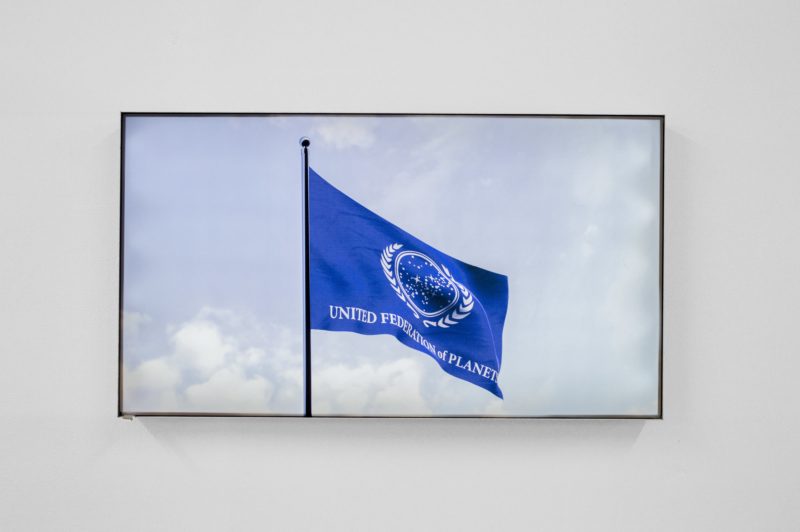
The United Federation of Planets, 2018
Digital print on light box, cables
67 x 38 cm

Why She Never Married, 2016
C-Type print on aluminium
17.6 x 17.9 cm

The News, 2018
HD digital video with sound
3 mins 11 sec
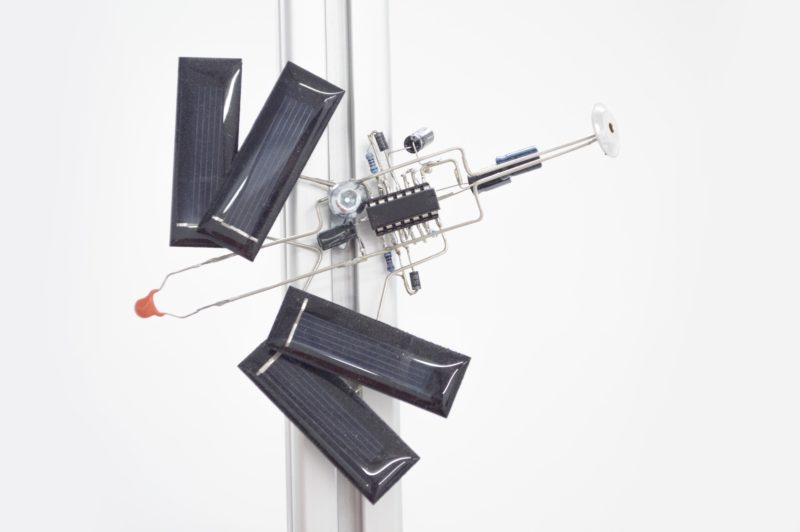
In Summer Nights, I looked for Insects, 2017
Various electronic components
Dimensions variable
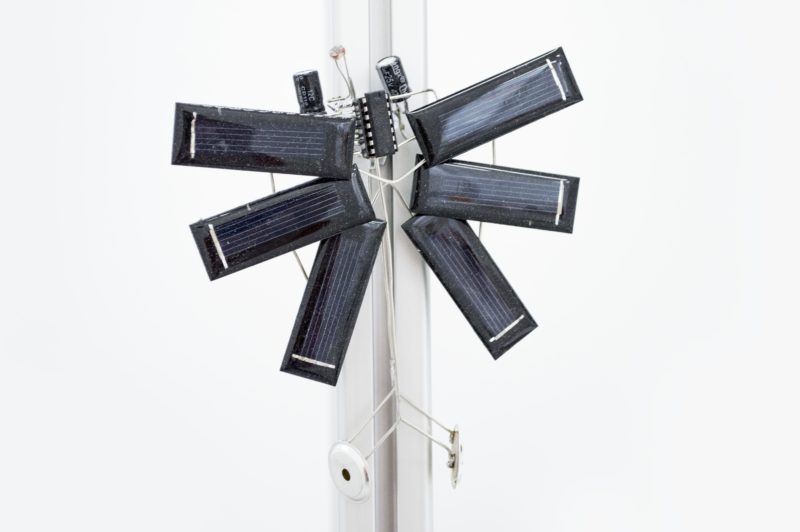
In Summer Nights, I looked for Insects, 2017
Various electronic components
Dimensions variable
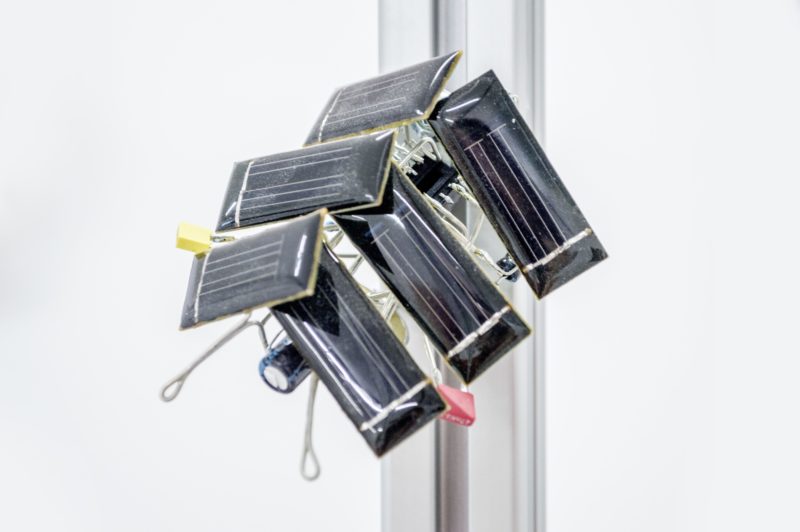
In Summer Nights, I looked for Insects, 2017
Various electronic components
Dimensions variable
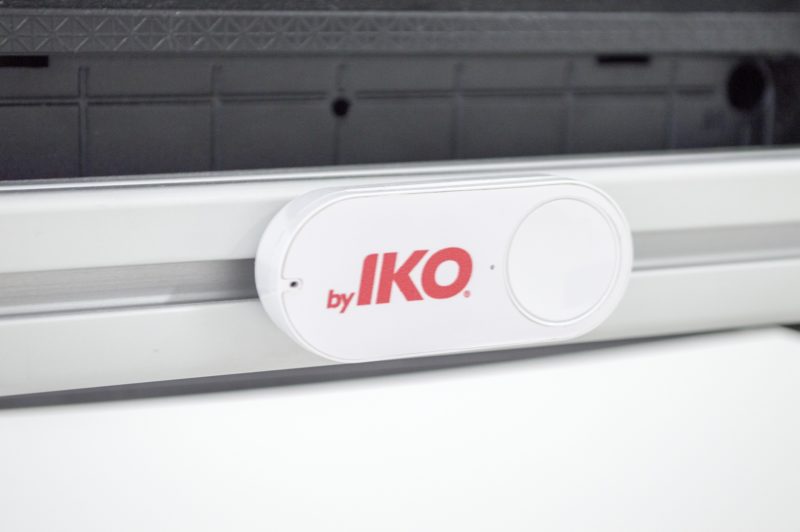
byIKO, 2018
Personalized Amazon Dash Button
7 x 3 x 2 cm
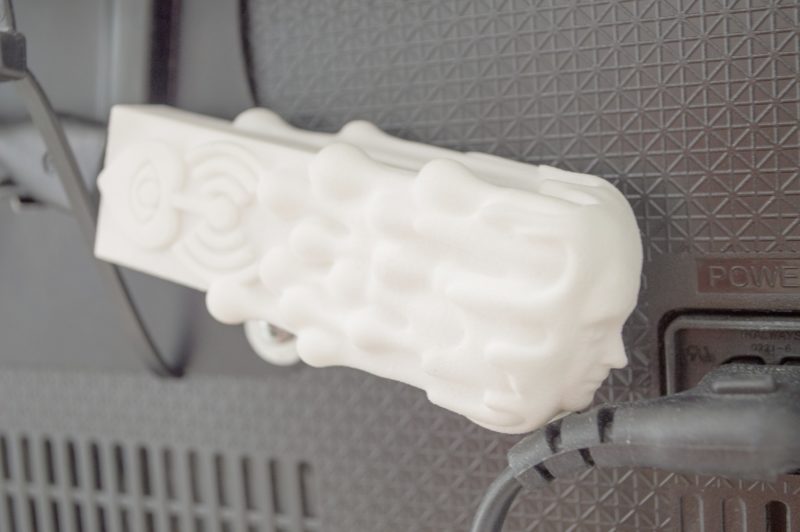
Custom USB, 2017
Polyamide, USB drive
3.8 x 9.2 x 2.8 cm
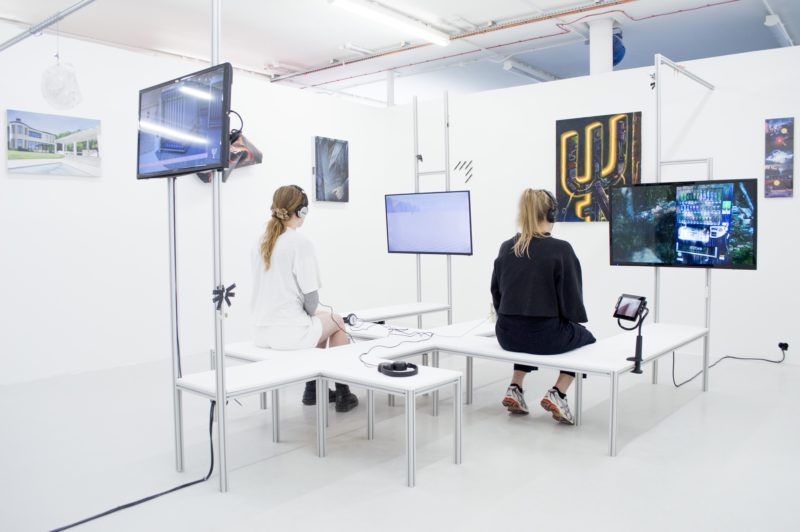
Primecoin, 2018
Extruded aluminium, MDF
550 x 550 x 230 cm
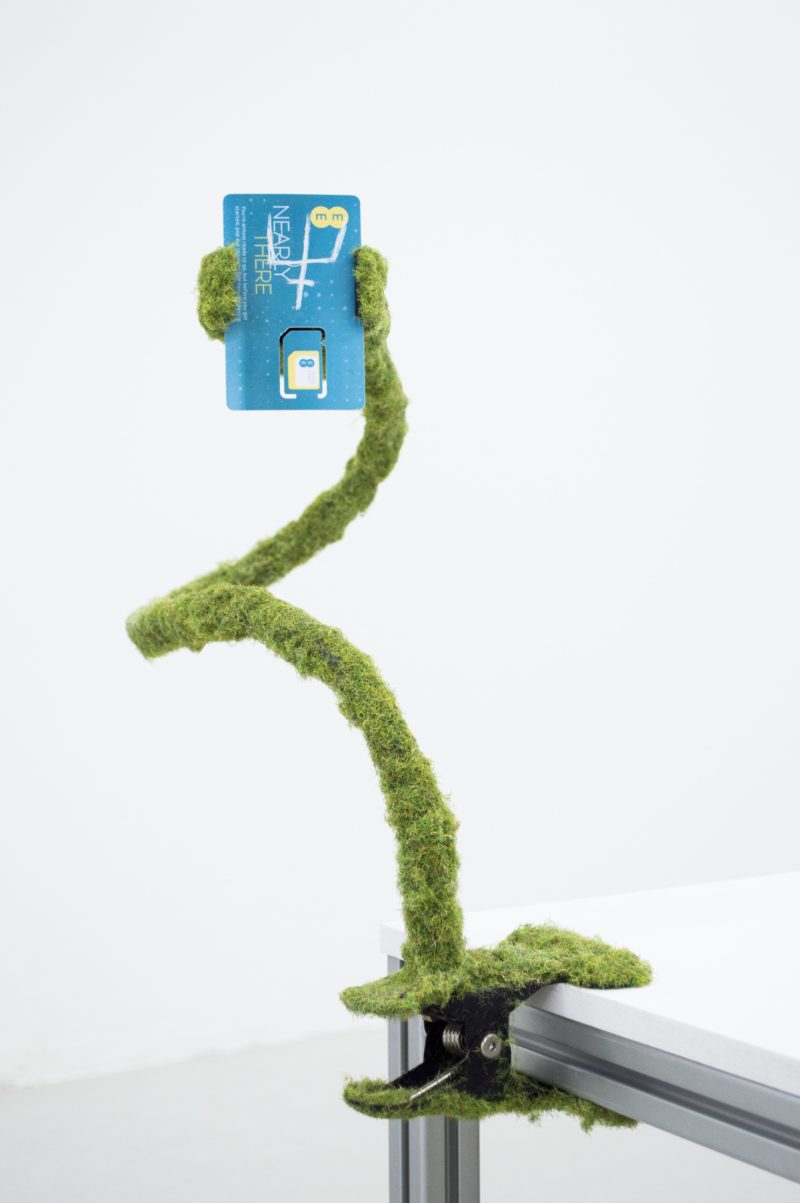
Relic I, 2018
Universal mount holder, artificial grass, SIM card
50 x 20 x 20 cm
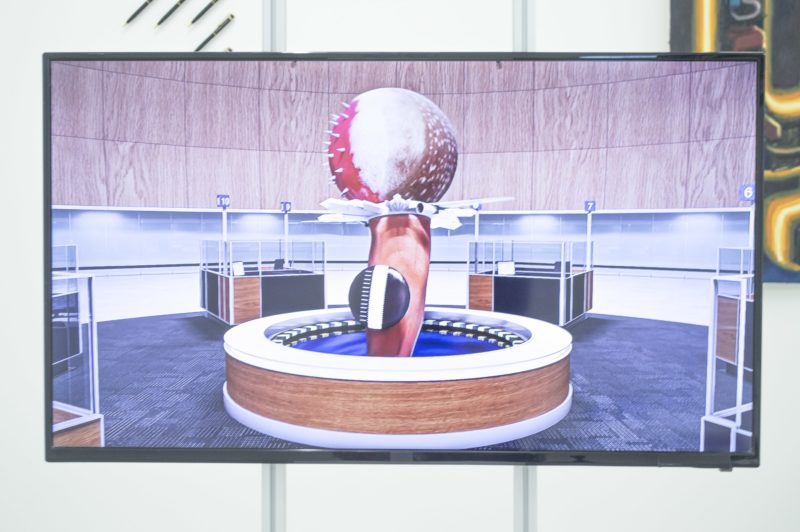
Escape Pod, 2015
Video (colour, sound), screen or projector
20 min loop. Music by Furniteur
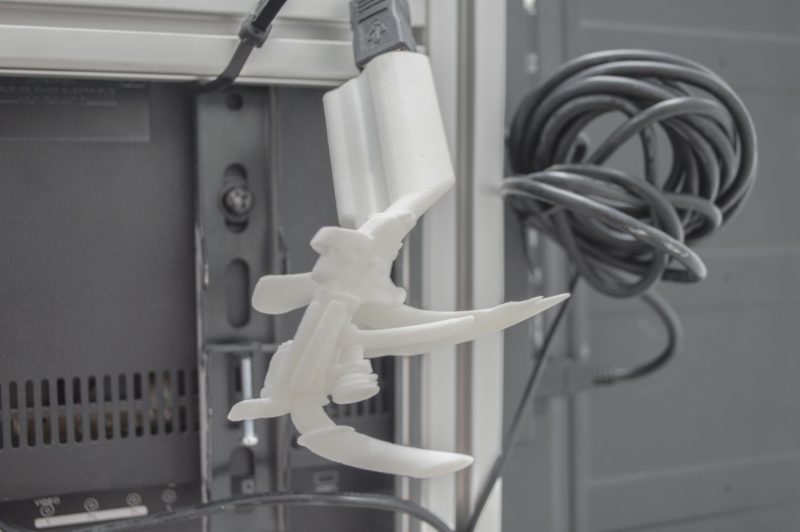
PewPew, 2017
Polyamide, USB drive
9 x 6.1 x 11.3 cm
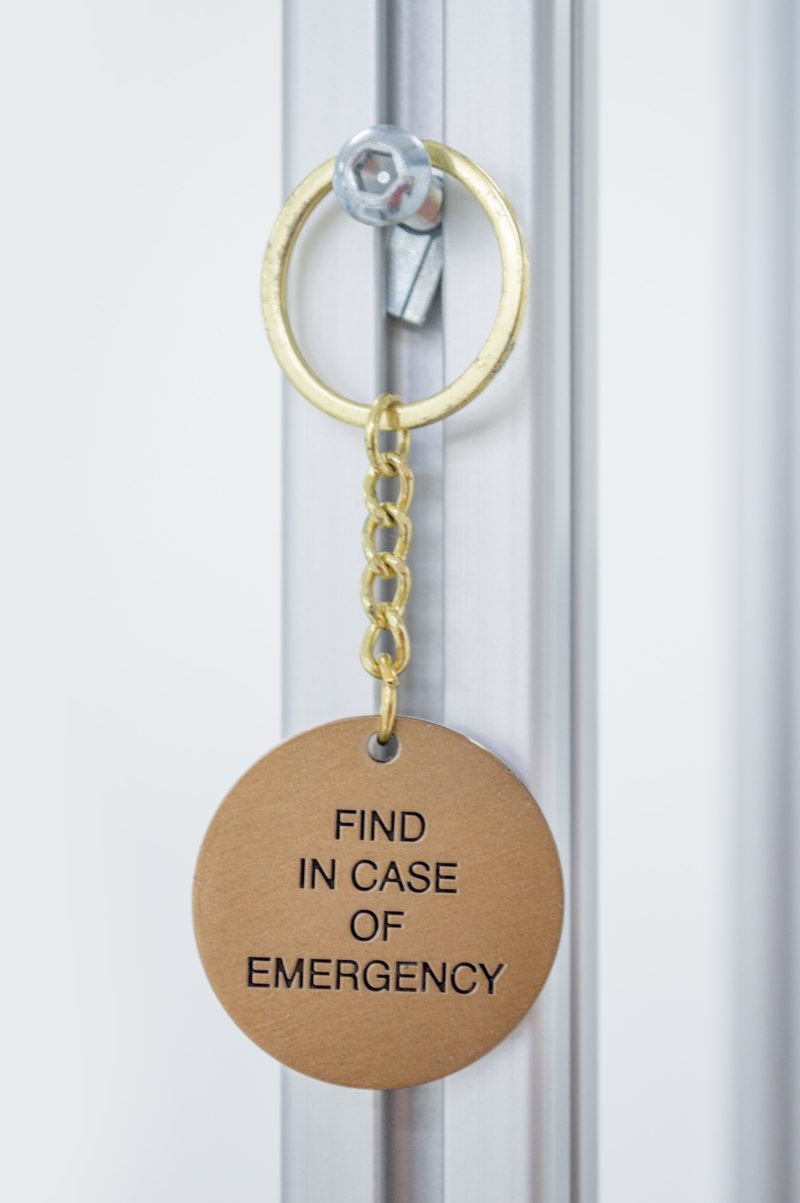
Value Indicator, 2018
Brass
3.8 x 3.8 cm
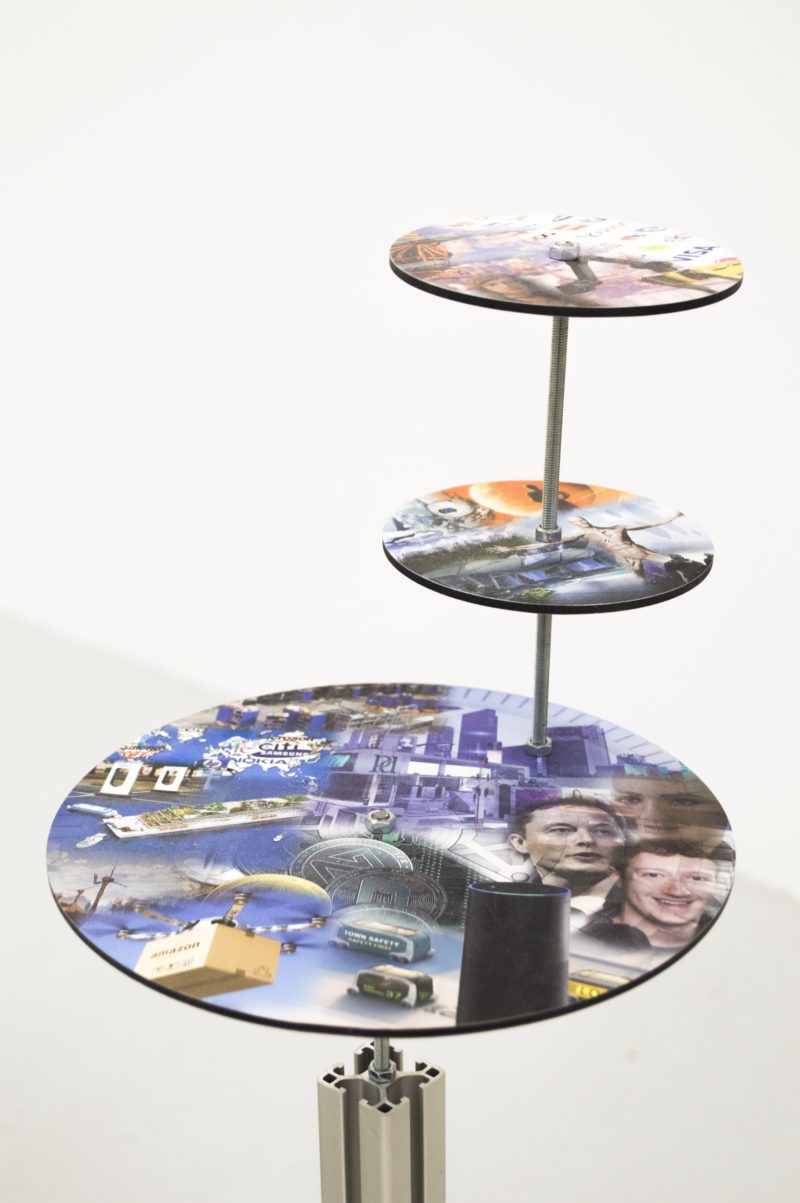
Islands, 2018
C-Type prints on aluminium dibond, stainless steel threaded rod, metal nuts
30 x 40 x 30 cm
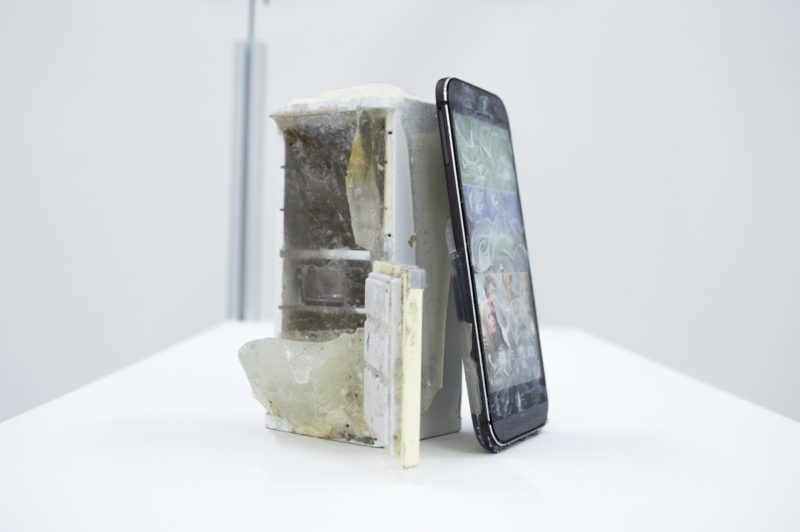
Cloud Control, 2018
Small refrigerator, mobile phone, liquid mirror paint, soap
14 x 13 x 13 cm
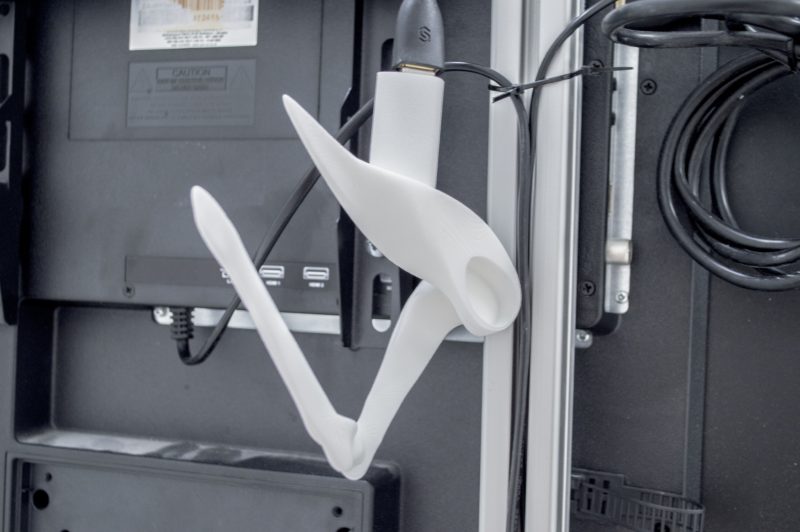
HARD-DRIVE, 2018
Polyamide, USB drive
3.7 x 13.9 x 13.3 cm

Tannhäuser Gate (Not Really Now Not Anymore), 2017
HD digital video with sound
17 min 8 sec
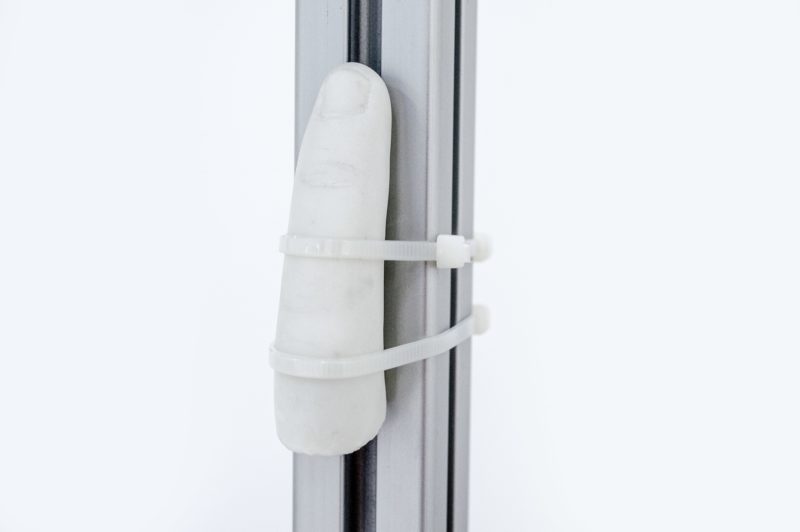
Finger, 2008
Marble, cable tie
7 x 2.5 x 2cm

Lightning Ride, 2017
UHD Video
7 mins 50 sec
Duty Free
Fabio Lattanzi Antinori, Veronika Krenn & Davide Bevilacqua, Bob Bicknell-Knight, Lydia Blakeley, Toby Christian, Joshua Citarella, Elliot Dodd, Bex Ilsley, IKO, Perce Jerrom, Claire Jervert, Émilie Brout & Maxime Marion, Jillian Mayer, Jonathan Monaghan, Jake Moore, Molly Soda, Rustan Söderling, Puck Verkade, Willem Weismann, Hanae Wilke, Thomas Yeomans, Laura Yuile
Curated by Bob Bicknell-Knight // isthisit?
Chelsea College of Arts
June 15 – June 23, 2018
At this current juncture in history we continue to watch the revolution that is Industry 4.0 transform and contort our everyday lives, encouraging a new era of manufacturing that has taken on the label of ‘smart’ through the integration of the IoT, AI, cyber-physical systems, and Cloud and cognitive computing. During this autonomous movement we continue to see the corporatisation and co-option of public space, on and offline, transforming how we navigate through cities with the rise of the share economy, or the precarious economy dubbed by its dedicated labourers, alongside social networks becoming unrecognisable and akin to the NSA, developing targeted, algorithmically produced ads and troll farms, harvesting and utilising your data to expand hyper-capitalist conglomerates and increasingly totalitarian agendas.
Amidst the rubble of a pre-internet utopian neoliberal ideology, where corporations are supposedly more trustworthy than governments, algorithms have been permitted to run free, evolving and reproducing at an alarming rate. Where is the hole that the human race slots into within this new world? Will we still be needed? Were we ever? How does an artist function when an android has the ability to produce a priceless work of art, or a painting farm in a far-off country can be commissioned over the internet to produce yet another copy of the Mona Lisa? Soon, androids and AI systems will be competing alongside us, as equals and individuals in a new world order, eventually inserting themselves onto every rung of the societal ladder.
Duty Free seeks to analyse these contemporary consumerist questions and ideological quandaries, with the book featuring documentation from the exhibition and a number of essays grappling with these increasingly pertinent subjects, from the corporatisation of public space and the influx of utopian ideals to the automation of industry and everyday activities accompanied by the capitalisation and utilisation of the internet as a space for corporate ownership within an increasingly gamified culture.
